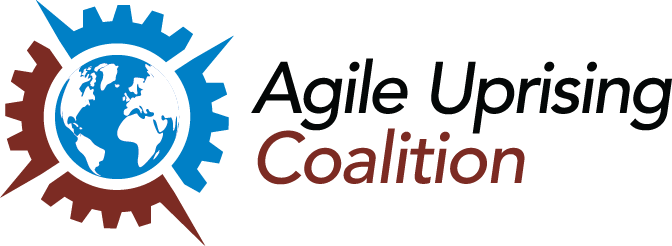My company is hiring for an Agile Project Manager for the first time since they hired me (more on that job opening later). We have a new manager for the ‘Client Services’ team, which is basically Project Management/Agile Leads and we are working on improving our hiring process for PMs. When I went through the process I was asked to prepare a presentation on Agile “as if you were telling a new client about Agile because they’ve never even heard of it” that I would present at my interview. That was it, the whole prompt. So I created a generic (but beautiful) and brief deck on “agile.” Basically, anyone could have done it, with enough time to research.
So my question - do you use/or have you been asked participate in any worthwhile Homework or Scenarios for an interview? I would love to get some ideas on what we could do instead OR start building a case for dropping it all together!
[The job post isn’t live yet, but we’re looking for an Agile Project Manager who is comfortable working in an agency setting - will follow up once I have full details, but if you are interested go ahead and message me].

